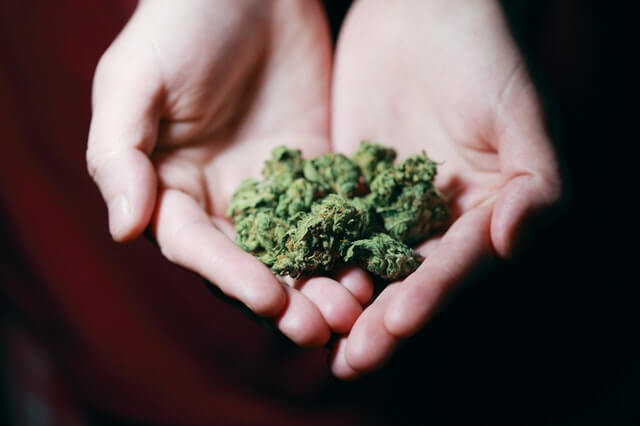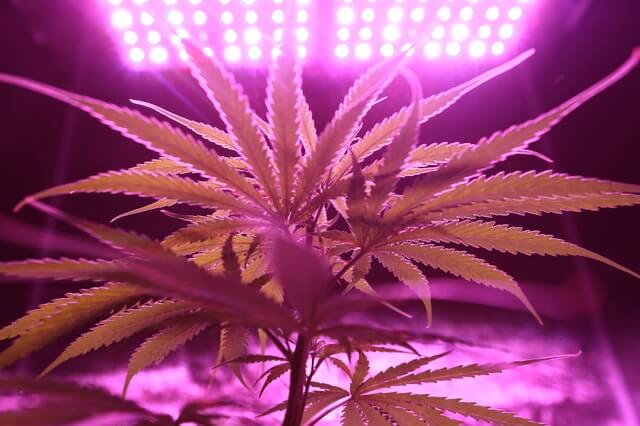We all know that the only thing constant in this world is change. You have a choice to either embrace it or not. One of the changes in our society is the legalization of marijuana. Canada prohibited the use of this plant in the early 1920s when the Narcotics Drug Act Amendment Bill added it to their list.
Last October 17, 2018, the Cannabis Act came into effect in Canada. Nowadays, it is legal to use, consume, and cultivate marijuana. However, the Act aims to keep the youth away from accessing it. Only a person aged 18 and above can possess marijuana, but there are limitations. For example, an adult can have up to 30 grams of cannabis with them. They can make products using cannabis, such as food and drinks, provided they do not use organic solvents. Some policies are also subject to specific provinces.
But what does this have to do with landlords? Why should it concern them? Read on to find out the answers.

The new law about marijuana will help the landlord regulate what the tenants can and cannot do. The landlord should know the rights are about the use of cannabis to avoid problems. Listed below are some of the things that property owners should take note of about marijuana usage:
Consuming marijuana
The utilization of cannabis for recreational purposes is not different from some of the tenants’ activities. For example, landlords can regulate cigarette smoking in their rental property. Not everyone will allow it because it can cause problems.
We also have to consider that marijuana has a distinct smell to it. The landlord may receive some complaints about the odor from neighbors. The main thing to remember is the consideration for other people and what might offend them. People are not free to do it anywhere just because it is legal.

Growing marijuana
Since people can grow the marijuana plant, some tenants may want to cultivate their own. The Cannabis Act permits homeowners to limit four plants, except Quebec and Manitoba. Should landlords allow the renters to have it in a rented property?
First, we must consider the law because some provinces may differ in some items. Second, landlords should know what it takes to grow marijuana plants. The tenants would need somewhere with high temperatures for the cannabis to produce. The area needs to be warm and moist, which may cause molds to appear. It can become a health risk if this happens. The molds can cause sore throat, coughing, sneezing, and lung irritation.
Growing cannabis will also need light and lots of it. High-pressure bulbs will need power, and the correct wiring is essential. Because of this, it becomes a fire hazard. The landlords and tenants should discuss the possibilities to make the situation clear.

Allowing the tenants to use and grow marijuana in a rented property will depend on the landlord. They have to weigh the pros and cons of it. As I’ve said, times are changing, and we need to consider embracing them. If the property owner prefers the tenants not to use marijuana, he has the right to prohibit it. As long as the lease agreement includes it, the renters should follow. But it is better if you or the landlord discuss this with them.
If, however, the landlord allows the use of marijuana in the property, use it to your advantage. You can add it to your marketing strategy. How many landlords do you think allows marijuana in their rental? Some of them might still be adjusting to the idea. When advertising, you can include this little detail whenever you post your property listings using Padleads. You can even syndicate them to other sites using the same web page. It can catch the attention of potential tenants, especially those who have included cannabis as part of their daily lifestyle. They may even opt for a more expensive property that allows the use of marijuana over a cheaper one that prohibits it.